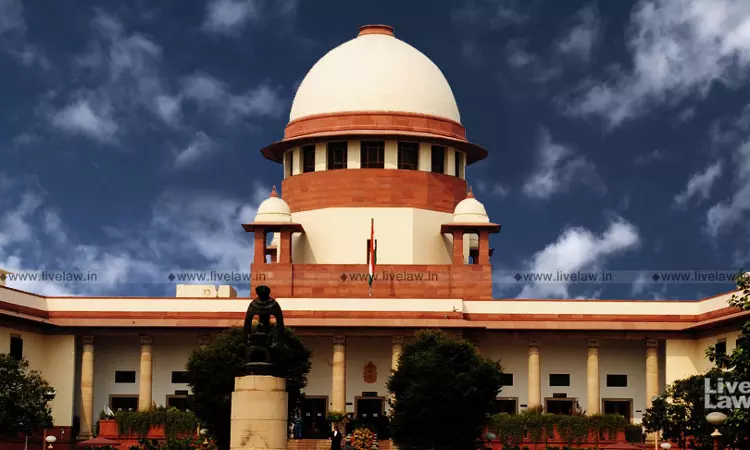Mere Acquittal In Criminal Case Does Not Entitle An Employee To Reinstatement In Service : Supreme Court
Ashok KM
1 March 2023 2:49 PM IST

Next Story
1 March 2023 2:49 PM IST
The Supreme Court observed that mere acquittal does not entitle an employee to the reinstatement in service.If a person is acquitted or discharged, it cannot obviously be inferred that he was falsely involved, or he had no criminal antecedents, the bench of Justices Ajay Rastogi and Bela M Trivedi observed.In this case, the petitioner was appointed to the post of constable in the Jammu...
